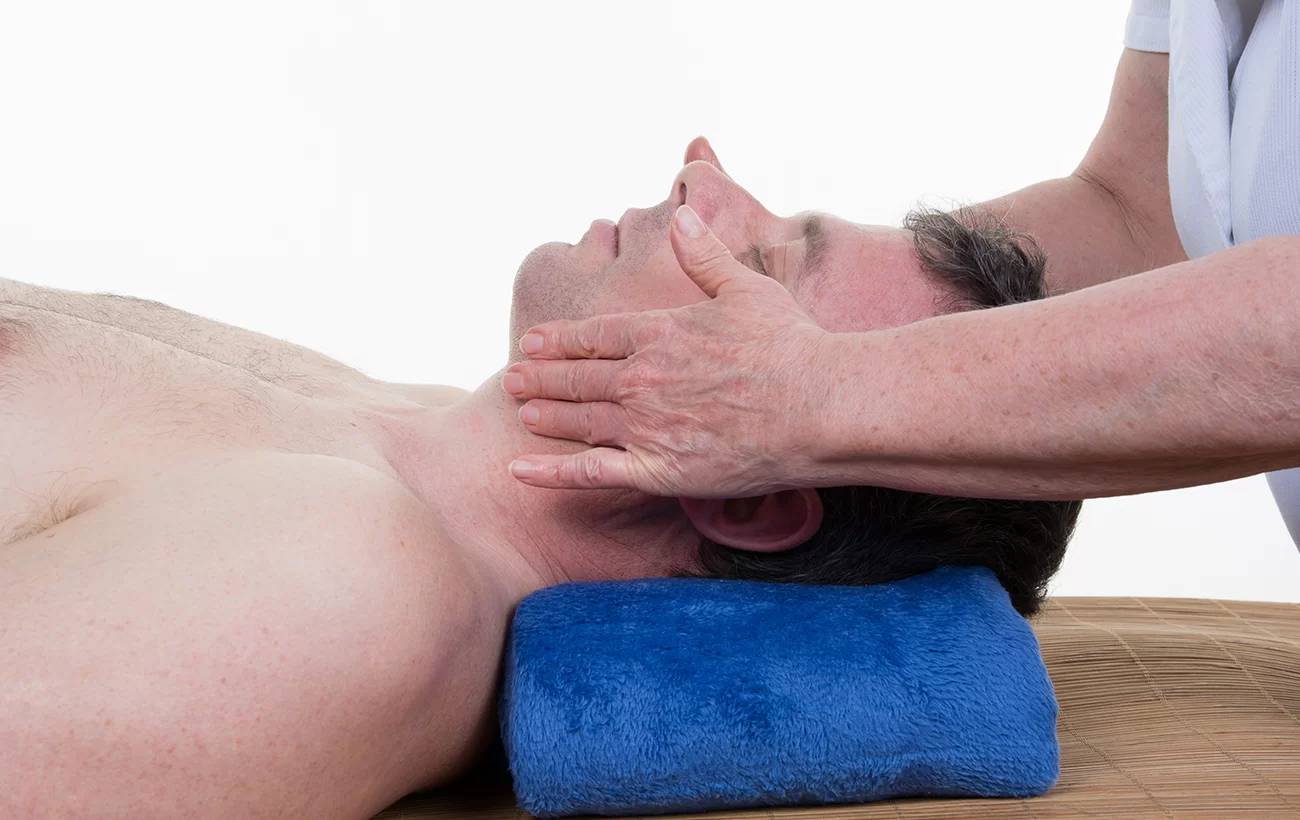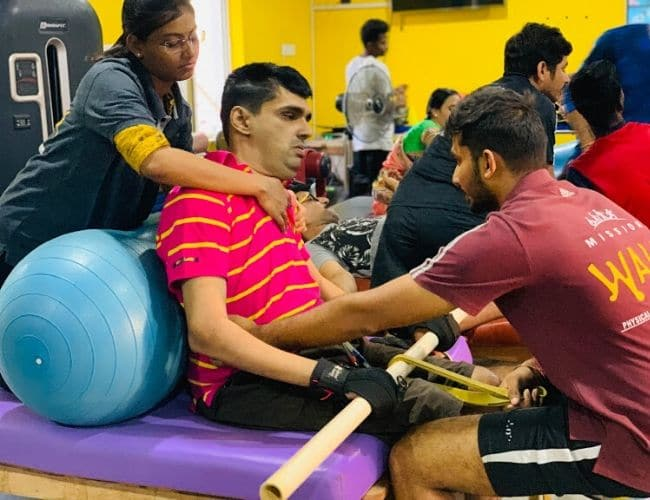WHAT IS BRAIN PHYSIOTHERAPY?
If your brain is damaged because it got a blow to it, it is called traumatic brain injury (TBI). If the injury came from a gunshot, it would be penetrated; if it is caused by a strike in your head or a car accident, it would be non-penetrating. TBIs vary in severity; you may recover within days, while others can cause permanent brain injury or death.
For immediate treatment and care, everyone who suffers traumatic brain injury should be brought to a brain physio clinic, such as the Mission Walk Physiotherapy and Rehabilitation Centre. TBIs can be experienced by every individual, although they are more common in males and those aged over 65. These people are prone to losing their balance and hitting their heads. Even small children can have traumatic brain injury due to falls from the bed or changing tables.
Brain physiotherapy, also known as neuro physiotherapy, deals with treating people who have function and movement problems due to damage to the nervous and neuromuscular systems. Brain physiotherapy is necessary because patients need to overcome symptoms, such as muscle weakness, tremors, poor balance and coordination, decreased sensation, and uncontrolled muscle spasms.
At Mission Walk, we offer in-hospital and after-hospital care for related neurological diseases. We have a team of neuro physiotherapists who possess years of experience in providing different types of neurological physical care. Making the lives of these patients easy and self-dependent truly makes us proud.
Acute neurological conditions, such as spinal cord injury, stroke, or traumatic brain injury, require immediate treatment in a hospital or a brain physio clinic. While you are here, the doctor may prescribe physiotherapy treatment depending on your condition. Your physiotherapist will assess your balance, coordination, and strength and then make a treatment program according to your unique needs.
Some neurological physiotherapy exercises that may be recommended by your physiotherapist based on your impairment include the following:
- Passive limb exercises — will allow you to move your arms and legs yourself.
- Bed exercises — will stretch and strengthen your muscles
- Mobilization — so you could safely move in bed — sit up, stand and walk
- Tailored exercises — will build strength, coordination, endurance, and balance
- Positioning/splinting — will prevent your joints from tightening
- Breathing and circulation exercises — will prevent respiratory and vascular complications like chest infection and deep vein thrombosis.
Recovering from a severe case of traumatic brain injury can take either a short or a long time. Some individuals may regain consciousness within several days or weeks and quickly recover. Others develop to a better stage more slowly and may remain in their state of impaired consciousness for months. Every person’s injury is different and has a timeline to follow.
Usually, the traumatic brain injury recovery stages have a step-by-step path. Patients may progress through the stages of unconsciousness, persistent vegetative state, minimally conscious state, and post-traumatic delirium, or a stage where they can’t visualize the actual happenings around them. Then the patient continues to improve over time slowly. Each patient’s case will improve in different stages, even if the mode of treatment is the same, and hence nobody can gauge how much time each stage will take for various patients. Not all patients also go through all the stages: some of them move through quickly, and others may be able to skip certain stages or take a long time in a certain stage.
The brain injury treatment at Mission Walk depends on how severe is the injury. Mild cases of TBI usually do not need treatment other than pain relievers available over the counter. They need to be closely monitored for new symptoms or any persistent signs.
For moderate to severe TBIs, emergency care is essential. It should make sure that the patient has enough oxygen and enough blood supply. Blood pressure should be maintained, and further injury to the head should be avoided. Medications should be prescribed to limit the secondary damage to the brain, such as anti-seizure drugs, diuretics, and coma-inducing drugs.
Emergency surgery may be performed to minimize further damage to the brain tissues. Rehabilitation is required for those who have had a traumatic brain injury.
Patients need to learn some basic skills, such as talking and walking, to improve their abilities to do daily tasks.
Please feel free to get in touch with us to schedule an appointment or if you want us to help you address some concerns that you may have. Our numbers are 91 91773 00194, and our email address is rehab@missionwalk.in.




Comments
Post a Comment